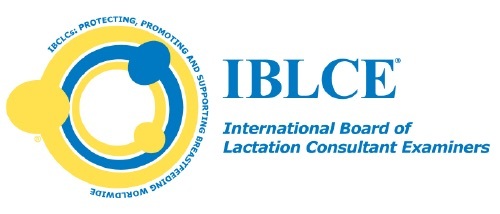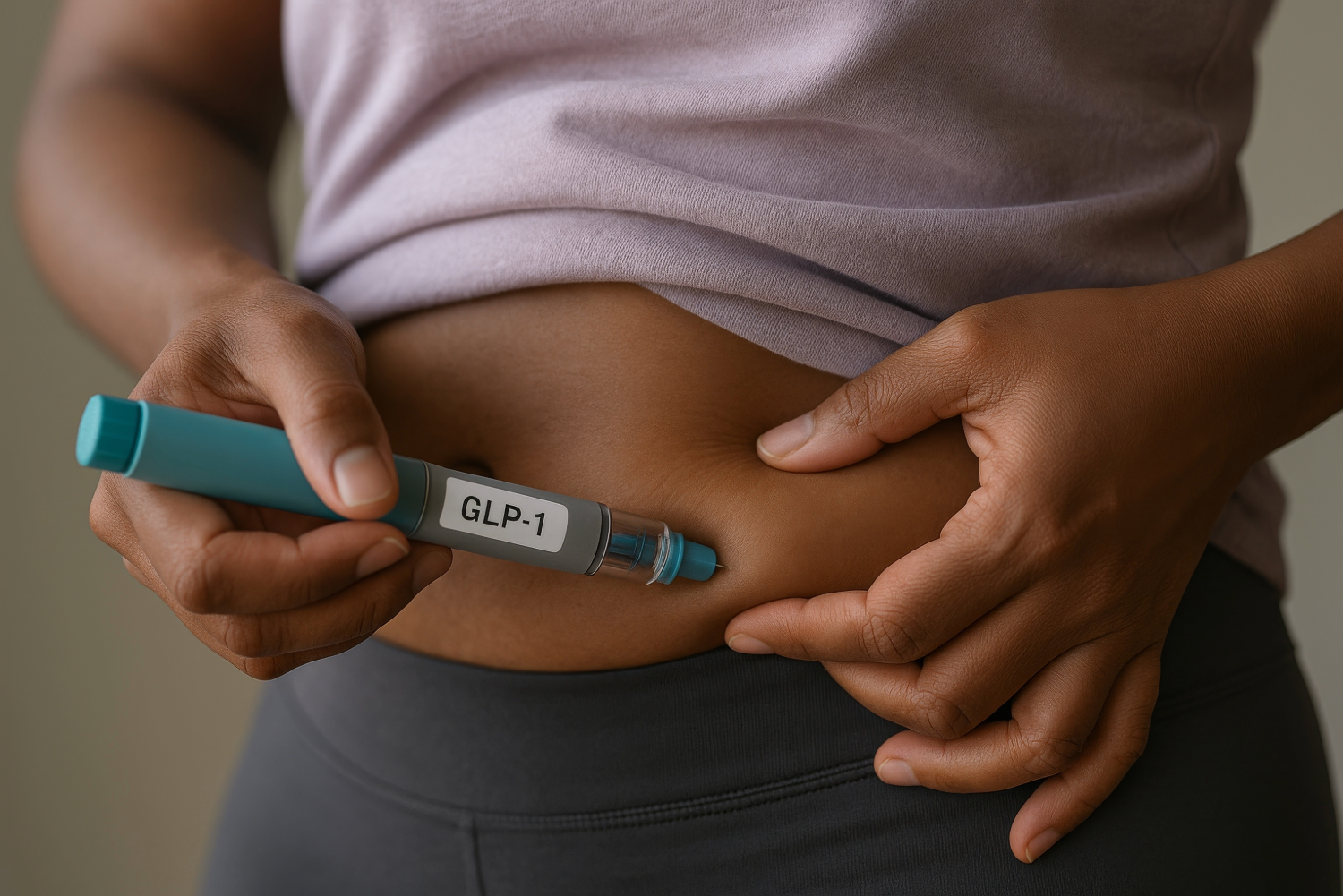News
Vail Health Family Birth Center Receives Lactation Care Award

The International Board of Lactation Consultant Examiners® (IBLCE®) and International Lactation Consultant Association® (ILCA®) have recognized Vail Health’s Family Birth Center for excellence in lactation care. The Family Birth Center has received the IBCLC Care Award in global recognition for staffing professionals who hold the prestigious International Board Certified Lactation Consultant® (IBCLC®) certification and providing a lactation program for breastfeeding families. In addition, Vail Health demonstrated that it has recently completed activities that help protect, promote, and support breastfeeding.
“This is a testament to the Family Birth Center team’s dedication to promoting breastfeeding and the health of newborn babies,” said Will Cook, Vail Health President and CEO. “Only six hospitals in Colorado hold this prestigious recognition currently. Congrats to the outstanding Family Birth Center team.”
IBCLCs focus on preventive care, so they are available during pregnancy to assess and provide information on how to successfully initiate breastfeeding. They continue that assistance after the baby is born by helping families overcome breastfeeding challenges, providing accurate information, and continuing to support them as their baby grows. They assist families returning to work or school, help families in more unusual situations such as breastfeeding more than one baby or nursing a sick or premature infant, and help train nursing staff to manage basic breastfeeding care.
“The vital care that IBCLCs provide globally to breastfeeding families helps babies get off to the best start at life. Care facilities recognize this and ensure families receive quality lactation support by employing IBCLCs,” said Brooke Gilliam, BSN, RN, IBCLC, Chair of the Board of Directors of IBLCE. “Having this ongoing support from skilled lactation professionals and the facilities that support them is invaluable. The benefits of breastfeeding are well known to have a great impact on families, communities, and the world. Thank you for your dedication to the families served and commitment to advancing global public health.”
As allied health care professionals with the leading internationally recognized certification for professional lactation services, IBCLC professionals work in hospitals and birthing centers, clinics, public health agencies, private practice, community settings, government agencies, and in research. There are currently nearly 37,000 such professionals in 134 countries worldwide who are IBCLCs (www.iblce.org). The IBCLC certification program is accredited by the NCCA, the accreditation arm of the Institute for Credentialing Excellence. NCCA accreditation represents a mark of quality for certification programs.
“IBCLCs are the global professional standard in the clinical management of breastfeeding and lactation across diverse settings,” said Iona Macnab, BA(Hons), LLB, IBCLC, President of ILCA. “By honoring facilities that employ IBCLCs through the IBCLC Care Award, we spotlight the substantial role these professionals play in advancing health outcomes within communities worldwide.”
More News
-
New!
More

The Heart of Vail Health: Inside the Volunteer Corps
If Vail Health’s talented doctors and medical staff are the face of the hospital, the Volunteer Corps is its heart. What began in 1979 as 13 volunteers fundraising for a 10-bed hospital addition to Vail Valley Medical Center has grown into nearly 100 committed volunteers who have donated almost $1.8 million and countless hours to support Vail Health's programs and services, including Shaw Cancer Center and Beaver Creek Medical Center. The Corps’ motto sums up its work well: “We volunteer because our caring makes a difference — for others, for our community and for ourselves.”
-
New!
More

The Heart of It All: How Cardiovascular Health Shapes Longevity
Most of us know a healthy heart will increase our chances for a long and vital life, but how many of us truly understand how to live for a healthy heart? According to the American Heart Association, heart disease remains the number one cause of death, for both men and women, in the United States.
-
New!
More

GLP-1s and Your Health Journey: What You Need to Know
Interest in GLP-1 agonist medications, once used almost exclusively for diabetes, is soaring. Now widely referred to as weight loss injections, drugs like semaglutide (Ozempic, Wegovy) and tirzepatide (Mounjaro, Zepbound) are ubiquitous in celebrity chatter, social media and everyday patient conversations. But as demand grows, it’s increasingly important to separate hype from reality. Who qualifies for these drugs under FDA guidelines? When are they helpful? And when might carefully supported lifestyle changes offer a safer or more sustainable path?





